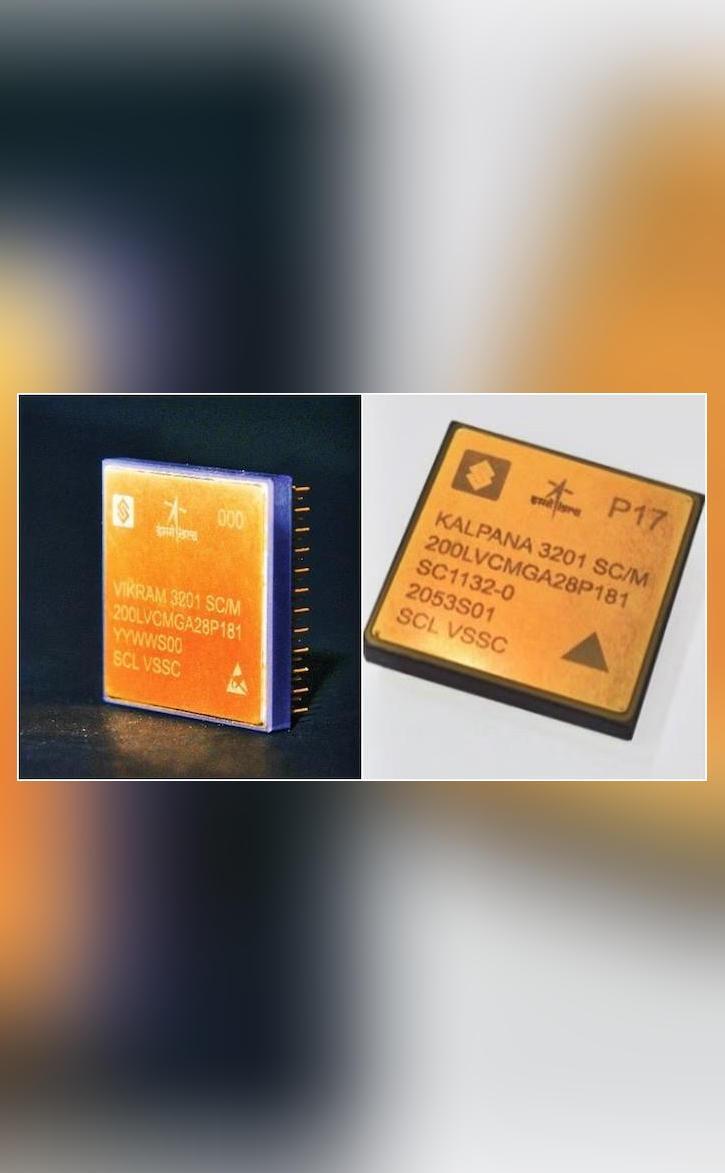
ISRO & SCL Develop 32-Bit Microprocessors for Space Applications
The Indian Space Research Organisation (ISRO) and the Semiconductor Laboratory in Chandigarh have jointly developed two 32-bit microprocessors, VIKRAM3201 and KALPANA3201, specifically designed for space applications. This milestone achievement is a testament to India’s growing capabilities in the field of microprocessors and space technology.
VIKRAM3201, the first fully “Make-in-India” 32-bit microprocessor, has been qualified for use in the harsh environmental conditions of launch vehicles. This development is a significant step forward for India’s space program, as it enables the country to design and develop its own microprocessors for use in space missions.
The development of VIKRAM3201 and KALPANA3201 is a result of a collaborative effort between ISRO and SCL. The two organizations have been working together to design and develop microprocessors that can withstand the extreme conditions of space, including high temperatures, radiation, and vibration.
VIKRAM3201 is a 32-bit microprocessor that operates at a frequency of up to 50 MHz. It has a power consumption of 1.2 watts and features a 32-bit architecture with a 32-bit bus width. The microprocessor also has a range of peripherals, including UART, SPI, I2C, and I2S interfaces.
KALPANA3201, on the other hand, is a 32-bit microprocessor that operates at a frequency of up to 100 MHz. It has a power consumption of 2.5 watts and features a 32-bit architecture with a 32-bit bus width. The microprocessor also has a range of peripherals, including UART, SPI, I2C, and I2S interfaces.
The development of VIKRAM3201 and KALPANA3201 is significant not only for ISRO but also for the Indian semiconductor industry as a whole. The development of indigenous microprocessors can help reduce dependence on foreign technology and enable India to design and develop its own space missions.
The use of VIKRAM3201 and KALPANA3201 in space applications can also help reduce the cost of space missions. The microprocessors are designed to be highly reliable and can withstand the extreme conditions of space, which can help reduce the number of failures and reduce the cost of maintenance.
The development of VIKRAM3201 and KALPANA3201 is also a testament to the capabilities of the Indian semiconductor industry. The industry has made significant progress in recent years, with the development of a range of indigenous microprocessors and other semiconductors.
In conclusion, the development of VIKRAM3201 and KALPANA3201 is a significant milestone for ISRO and the Indian semiconductor industry. The microprocessors are designed for space applications and can help reduce dependence on foreign technology and reduce the cost of space missions.






